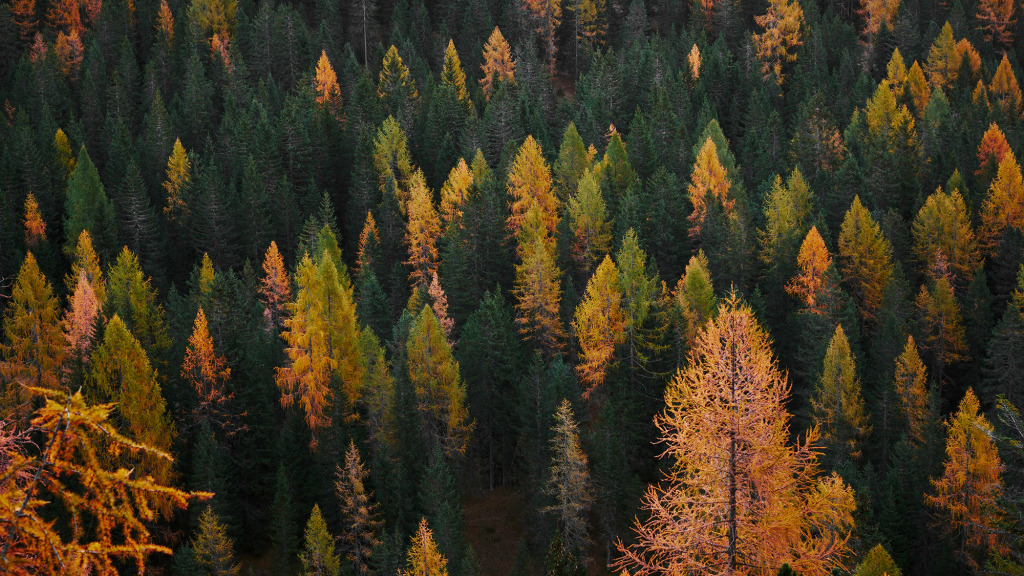A new study co-authored by assistant professor Naomi Schwartz has assessed how forests are coping with one particular aspect of climate change; temperature variability.
“We are seeing global temperature change in two distinct ways: average temperatures are rising and temperature is becoming more variable year to year,” Dr. Schwartz told earth.com.
Published in the new journal Environmental Research: Ecology, the study looked at how global forests are influenced by the legacies of past inter-annual temperature variability. The researchers reviewed historical temperature variability in forests across the world, to see how well these ecosystems would cope as this pattern becomes more exaggerated in the future.
Their results suggest that tropical forests, which have historically experienced fairly stable (but warm) conditions, may actually be more sensitive to this increase in temperature variability than to an overall rise in average temperature.
Although boreal forests are better adapted to inter-annual temperature variation, the picture is complicated by increasing fire risk and other factors.
Read an interview with Dr. Schwartz and lead author Dr. Winslow Hansen on earth.com.
Read the paper in full (open access).



